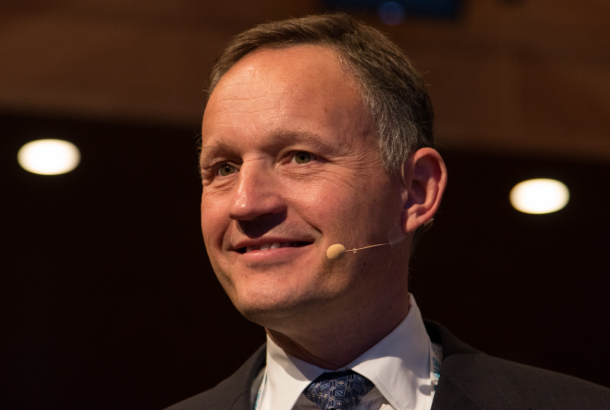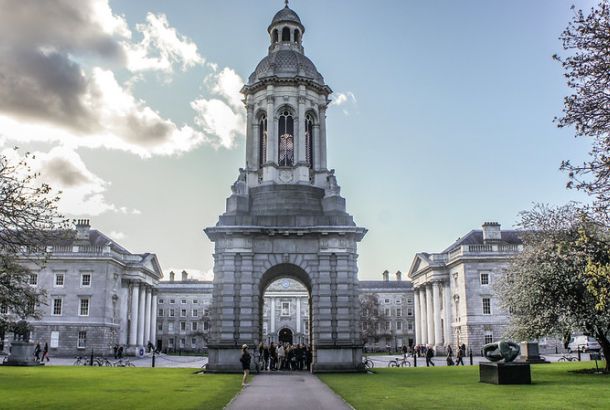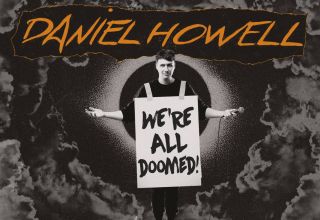Brexit: What on earth is going on?

The European Union and United Kingdom have spent the week fighting to secure a deal that will dictate their post-Brexit relationship. Following months of deadlock, Prime Minister Boris Johnson has confirmed that there’s now a strong possibility that the UK will be leaving the EU with no trade agreement in place despite previously stating the chance of a no deal was “a million to one”. Ursula von der Leyen, President of the EU Commission, is clearly on the same page, having today released contingency measures for a no-deal scenario. Negotiations have come down to three key issues: fisheries, fair competition, and governance.
What the fish is going on?
The British fishing industry makes up a minuscule amount of the economy – under 0.1% – however, it represents a symbolic regaining of sovereignty and control. It also signifies a gain for Scotland, who hold approximately 60 percent of the coastline of Great Britain.
Since Britain joined the European Union in 1973, we have come under the Common Fishery Policy. This gives EU fishing fleets full access to all EU waters. Fishers have commonly deemed the quotas allocated to Britain “outdated” and “unbalanced”. This is because after British fishing boats sold off large amounts of their quotas to foreign fleets, Britain was left with under half of their quotas. This fuelled much of the support for Brexit from the fishing industry – with promises that leaving the EU, and becoming an independent coastal state, would restore the ‘left behind’ industry.
However, the British waters are vast and represent a significant loss for EU fishing communities, motivating the push for ongoing access. To complicate things further, British fish is predominantly sold overseas, meaning a compromise is required to avoid the EU revoking full access to their fish markets and deeming UK fish unprofitable. This mutual dependency has led to a sticking point, whereby the EU are unwilling to accept anything less than extended access to UK waters, but the UK are reluctant to give away control of their waters due to the sentimental connotations they represent. With a Scottish Independence referendum back on the cards, regaining Britain’s waters could literally make or break the Union.
The ‘level playing field’
The second important issue is related to fair competition. Often branded as a ‘level playing field’, this term refers to a common set of rules and standards that ensure fair and open competition between trading partners. This is a common feature of trade agreements because it prevents an unfair advantage arising over competitors as a result of lower operational costs. The EU are pushing for the UK to abide by these standards in return for access to the single market. They argue that if the UK expects free trade with EU countries, they must stick to EU rules on things like workers’ rights, environmental regulations and state aid.
Who will adjudicate?
Finally, governance arrangements between the UK and EU post-Brexit are yet to be agreed. This refers to future disputes between the nations, if one side breaches any deals made. The EU have suggested giving the European Court of Justice a role in the resolution of disputes. The UK, however, are reluctant to involve the ECJ, stating that the resolution mechanism agreed upon should respect the autonomy of the UK and EU legal systems.
To summarise, Britain is pushing to be granted a bespoke trade agreement. The government want full access to the single market, but do not want to be under strict obligations and oversight of the EU. The deal being pushed for by Britain could be closely compared to the deal Switzerland currently hold, however it is no secret the EU is dissatisfied with this relationship and has made clear from the beginning that the UK would not receive anything similar.
If a deal has not been agreed by Sunday – the new deadline – the UK will automatically fall under World Trade Organisation trade terms. Although tariffs vary vastly depending on the product, this could see some agricultural and food products having tariffs as high as 80% – an unfavourable and disruptive position for both the UK and the EU.







